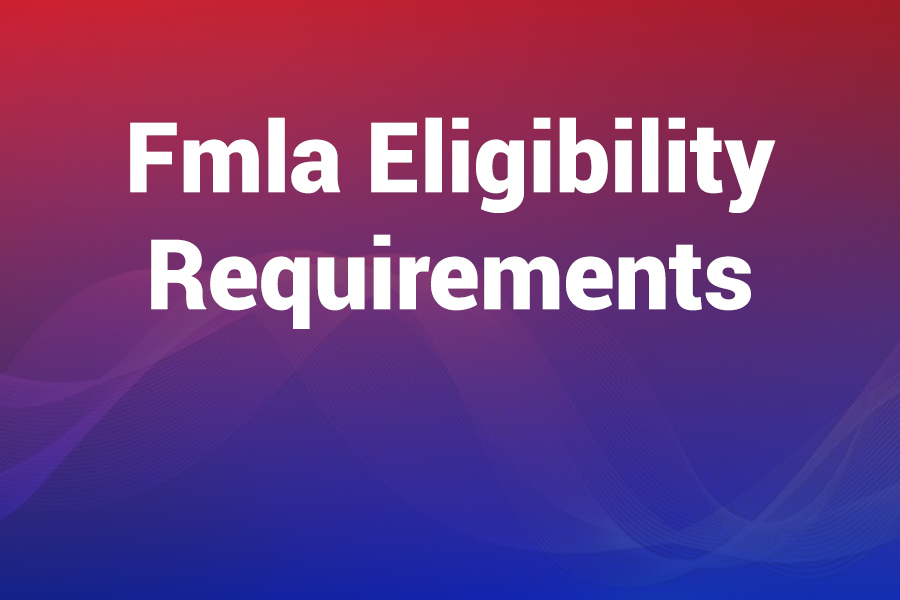Calculate your potential winnings after taxes for both annuity and lump sum options
Lump Sum Option
Annuity Option (30 Years)
| Year | Gross Payment | Federal Tax | State Tax | Net Payment |
|---|
Lump Sum vs. Annuity Insights
Calculate your winnings to see a detailed comparison between the lump sum and annuity options.
Understanding Your Powerball Payout Options
Annuity vs. Lump Sum: Making the Right Choice
When you win the Powerball jackpot, you face a significant financial decision: take the annuity payments over 30 years or accept a reduced lump sum immediately. This choice can have profound implications for your financial future, tax obligations, and long-term wealth management strategy.
Annuity Option
Structure: 30 annual payments over 29 years, with payments increasing by 5% each year to keep pace with inflation.
Advantages:
- Guaranteed income stream for three decades
- Potentially lower overall tax burden (spread across multiple tax years)
- Built-in financial discipline and protection against spending the entire windfall
- Higher advertised jackpot amount
Considerations:
- Future tax rate uncertainty
- Limited access to full funds for immediate investments or purchases
- Payments continue to your estate if you pass away before the 30 years conclude
Lump Sum Option
Structure: One-time cash payment of approximately 52% of the advertised jackpot amount.
Advantages:
- Immediate access to all winnings
- Complete control over investments and financial decisions
- Potential for higher returns through personal investment strategies
- Protection against future tax rate increases
Considerations:
- Significantly lower initial amount than advertised jackpot
- Higher immediate tax burden in a single tax year
- Greater responsibility for managing a large sum
- Risk of poor financial decisions or mismanagement
Understanding Powerball Taxation
Powerball winnings are subject to both federal and state taxes, which can significantly reduce your take-home amount. Our calculator provides a detailed breakdown of these tax implications:
Federal Taxation
Powerball winnings are subject to:
- Mandatory Withholding: 24% is automatically withheld from your winnings for federal taxes
- Top Marginal Rate: Lottery winnings push you into the highest federal tax bracket (currently 37%)
- Additional Payment: You'll likely owe the difference between the withholding and your actual tax rate when filing your tax return
State Taxation
State tax rates vary significantly:
- Tax-Free States: Florida, South Dakota, Texas, Washington, and Wyoming don't tax lottery winnings
- High-Tax States: New York, New Jersey, and California have some of the highest state tax rates on lottery winnings
- Local Taxes: Some cities (like New York City) impose additional local income taxes on lottery winnings
Financial Planning for Lottery Winners
Winning the Powerball jackpot is life-changing, but without proper financial planning, winners can face significant challenges. Here are essential steps to consider after a major lottery win:
Assemble a Financial Team
Before claiming your prize, consult with a financial advisor, tax attorney, and accountant who specialize in sudden wealth management. This team will help you navigate the complex financial landscape ahead.
Consider Anonymity Options
Research whether your state allows lottery winners to remain anonymous or claim prizes through trusts or legal entities. Protecting your privacy can shield you from unwanted attention and solicitations.
Develop a Comprehensive Financial Plan
Work with your financial team to create a long-term plan that addresses tax optimization, investment strategy, estate planning, philanthropy, and personal financial goals.
Establish an Emergency Fund
Set aside a portion of your winnings in highly liquid, low-risk investments to cover unexpected expenses and provide financial security.
Diversify Investments
Spread your wealth across various asset classes to minimize risk and maximize long-term growth potential. Consider a mix of stocks, bonds, real estate, and alternative investments.
Common Mistakes Lottery Winners Make
History has shown that many lottery winners struggle to manage their newfound wealth effectively. Here are common pitfalls to avoid:
Overspending
Rapidly depleting winnings on luxury purchases without considering long-term financial security.
Ignoring Tax Obligations
Failing to set aside sufficient funds for tax payments, leading to financial difficulties when taxes come due.
Making Poor Investments
Investing in high-risk ventures or businesses without proper due diligence or professional guidance.
Lending Carelessly
Providing loans or gifts to friends and family without clear terms or consideration of your own financial security.
Neglecting Estate Planning
Failing to establish wills, trusts, and other estate planning tools to protect and transfer wealth efficiently.
Falling Prey to Scams
Becoming targets for fraudulent investment schemes, business proposals, and charitable requests.
Frequently Asked Questions
How accurate is the Powerball annuity calculator?
+Our calculator provides estimates based on current tax rates and the standard Powerball payout structure. Actual results may vary based on changes in tax laws, specific state regulations, and the exact terms of the Powerball jackpot at the time of winning. We recommend consulting with a financial advisor for personalized advice.
Can I change my mind after selecting the annuity or lump sum option?
+No. Once you've made your choice between the annuity and lump sum options, it cannot be changed. This decision is final and binding, which is why it's crucial to carefully consider both options and consult with financial professionals before making your selection.
What happens to annuity payments if I pass away before the 30-year period ends?
+If you choose the annuity option and pass away before receiving all 30 payments, the remaining payments will continue to be made to your estate or beneficiaries according to your will or estate plan. These payments will continue on the same schedule that would have applied to you.
Are Powerball winnings subject to estate taxes?
+Yes, Powerball winnings, whether taken as a lump sum or as remaining annuity payments, can be subject to federal and state estate taxes if your total estate exceeds the exemption thresholds. Proper estate planning with qualified professionals is essential to minimize this tax burden on your heirs.
Can I sell my future annuity payments for a lump sum?
+In some states, it may be possible to sell future annuity payments to a third-party company in exchange for a lump sum. However, this transaction typically requires court approval and the lump sum offered will be significantly less than the total value of the remaining payments. The rules vary by state, and some states prohibit this practice entirely for lottery winnings.







